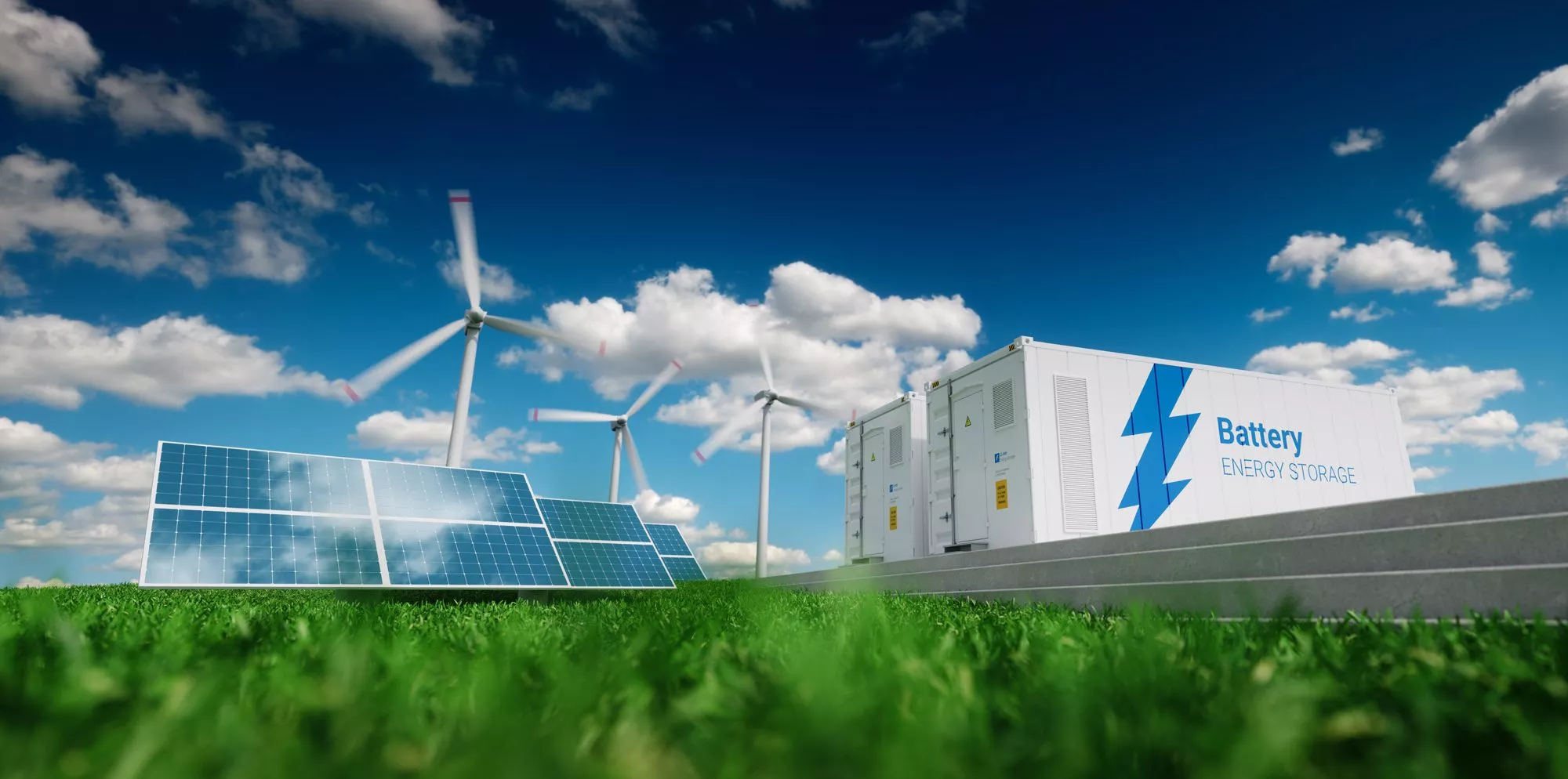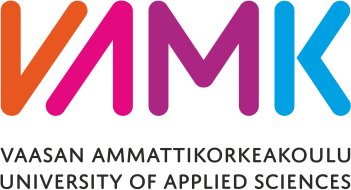
Green transition in technology education
Carbon neutrality, renewable energy and battery technology – with the green transition and new recruitments, have become the spearheads of energy and environmental technology education at Vaasa University of Applied Sciences.
Our society is heading towards a carbon-neutral era. This is also reflected in VAMK’s operations – the goal is to produce responsible experts who promote sustainable development in both working life and in society.
In VAMK’s technology unit, the green transition is strongly visible
– With the recruitments and the changes made to the course offerings, the needs of a carbon-neutral society are an even more central part of our technical education, says the head of VAMK’s technology unit Jorma Tuominen.
According to Tuominen, the demand for experts in energy and environmental technology has grown significantly in working life.
– Previously, environmental technology engineers got jobs mainly from municipal or city organisations and waste treatment companies. Now they are of interest to all companies. For example, export companies invest in minimising their carbon footprint and life cycle thinking, and this is also taken into account in our training offer.
The new generation of energy and environmental technology teachers
In August 2021, the technology unit’s energy and environmental technology team got reinforced by a wind power and a battery expert. Lecturer Toni Lustila, who previously worked as a planning engineer and wind power consultant, is a Vamki alumni himself – he graduated as an environmental engineering engineer in 2010.
– The world has changed a lot in a short time. Today environmental awareness and the ability to develop sustainable solutions are prerequisites for success in working life and companies’ competitiveness, says Lustila.
Battery technology expert, senior lecturer Juho Heiska completed his PhD in technology in 2021. Soon after, his career at VAMK began.
– Batteries, energy storage and chemistry are close to my heart. The importance of battery expertise is increasing as the green transition progresses, and in the future we will have to manufacture more and more environmentally friendly batteries, Heiska states.
Another example of the new generation of energy and environmental technology teachers is lecturer Asseri Laitinen, an expert in carbon footprint calculation and emissions issues. Laitinen joined VAMK in 2017 after having finished his Master of Arts degree. In his studies, he focused on renewable energy, environmental science and technology, and teaching chemistry and physics.
– Small and medium-sized businesses are becoming more aware of environmental and emission issues, and the need for, for example, carbon footprint calculation has increased. Several theses related to the topic were completed in 2021, says Laitinen.
A high number of participants in the new courses
In 2021, the technology unit started to offer several new courses. The planning of wind power projects course, run by Lustila at Open University of Applied Sciences, started for the first time in the fall 2021.
– The course was attended by 90 participants from various backgrounds. For the second round of the free course, starting in May 2022, there are already 226 people registered. The wind power industry is growing rapidly, and the competition for employees is fierce. Wind power has started to interest, for example, industry changers, says Lustila.
Another new course by Laitinen, Carbon-neutral industry, a five-course study unit, funded by the Ministry of Education and Culture, started in the fall of 2021. . The course was organised free of charge at VAMK’s Open University of Applied Sciences and was very popular among its target group, employees in the industry sector.
– The study unit had 130 participants. The goal was to strengthen the competitiveness of the companies in the region by teaching, for example, carbon footprint calculation and circular economy thinking in product design, says Laitinen.
– Based on this study unit, a wider Carbon Neutral Society training programme in VAMK Master School was born. Also this programme utilises Toni’s and Juho’s expertise. The program will start in autumn 2022, Laitinen adds.
In autumn 2021, Heiska started to prepare new battery technology courses aimed at degree students. The first of these courses started in spring 2022.
– I have had discussions with companies such as Wärtsilä regarding the topics that should be covered in these battery courses from the point of view of working life needs. We are in contact with also domestic battery experts and foreign battery manufacturers, with whom the course aims to work closely with, Heiska describes.
Significant energy projects were launched
The technology unit is strongly involved in VAMK’s project activities. Heiska and Lustila participate in VAMK’s and Novia’s joint FESIO energy technology project (Flexible Energy Systems Integration and Optimization). In 2021, the Ministry of Education and Culture granted a funding of 750,600 euros for the project.
– The rapid increase in the use of renewable energy sources requires major changes to the energy system. The project is looking for new ways, for example, to manage the energy system and to store energy. Research targets include container batteries and offshore wind power, says Heiska.
The green hydrogen H2 Ecosystem Roadmap project led by VAMK started in September 2021. The project will be implemented in cooperation with Hanken and Novia. Lustila is also involved in this project.
– The purpose is, among other things, to build a network of operators in Ostrobothnia interested in green hydrogen and to support the development of hydrogen solutions for energy production, says Lustila.

